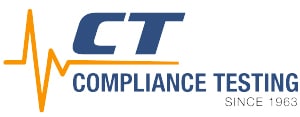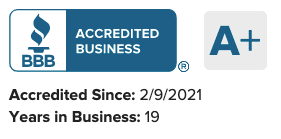In order to market your electronic device in the United States, you’ll need to complete lab testing to verify that your device complies with FCC Part 15. Completing this process grants equipment authorization, either as FCC certification or via SDoC, providing you with US market access.
If you’ve completed the FCC certification process for your device, you may have wondered if the device’s FCC ID provides access to the European market.
FCC certification is not accepted in the European Economic Area (EEA, a common market that consists of the EU countries, as well as Iceland, Liechtenstein and Norway.
Instead, Europe has its own regulatory framework, called CE (Conformité Européenne). In order to sell your device in the European Economic Area, you’ll need to complete testing and verify it’s compliant with the appropriate directives to receive a CE marking.
The good news is that if your device complies with FCC regulations and has FCC certification, it will likely face few difficulties when completing testing for CE compliance.
Below, we’ve discussed the status of FCC certification in the European marketplace, as well as how the European CE mark is acquired.
To request a quote for CE testing and compliance for your device, or to ask our engineering and compliance team any questions about the process, contact us online or call us at 866-540-5287.
What is FCC Certification?
By law, electronic devices subject to FCC Part 15 require equipment authorization from the FCC to go on sale in the US. FCC certification is one of two equipment authorization procedures that can be used to gain market access in the United States.
Generally, FCC certification applies to intentional radiators (devices that intentionally emit radio frequency waves, such as phones and Wi-Fi equipment).
Unintentional radiators (devices that do not deliberately emit radio frequency waves) can often apply for FCC equipment authorization via an alternative procedure, referred to as a Supplier’s Declaration of Conformity (SDoC).
Completing the FCC certification process grants a device an FCC ID and allows it to display an FCC mark, providing access to the US market.
Is FCC Certification Accepted in Europe?
FCC certification is not accepted in Europe. The European Economic Area has its own system for regulatory conformity, referred to as European Conformity (CE). All electronic products that are subject to European directives require CE certification to enter the European market.
Numerous European directives can apply to electronic products. The following directives are the most common for electronic devices sold in the EEA:
- Electromagnetic Compatibility (EMC) Directive. This directive sets electromagnetic compatibility standards for all electronic devices, including limits on radiated emissions, conducted emissions and electromagnetic immunity requirements.
- Radio Equipment Directive (RED). This directive applies to devices that intentionally emit radio frequency (RF) energy. It sets minimum performance requirements to lower RF interference and encourage effective use of the radio frequency spectrum.
FCC Certification vs. CE Certification
| FCC Certification | CE Certification |
| Accepted in the United States | Accepted in the European Economic Area |
| Requires compliance with FCC Part 15 | Subject to several European directives |
| Certification or Declaration of Conformity | Declaration of Conformity |
Our FCC vs. CE differences guide provides more information about how FCC certification and CE certification differ, from procedures to compliance requirements.
How to Get a CE Mark for European Market Access
- Pre-compliance testing. You may opt to carry out early testing to check its performance during the design phase. Pre-compliance testing can identify potential EMC issues early in the process, allowing for less expensive design changes.
- Lab testing for CE compliance. Achieving CE compliance requires testing your device in a lab. As an ANSI-accredited electronics testing laboratory, we can test your device to verify it complies with all EEA regulations and prepare appropriate documentation.
- CE Declaration of Conformity. After completing testing, you’ll prepare a Declaration of Conformity that states that your device fully complies with all relevant directives for legal market access in the EEA.
- CE mark and market access. Before marketing your device in the EEA, you’ll affix the CE marking to its enclosure and/or documentation.
Our full guide to the CE marking process provides more information about the steps involved in testing and receiving CE compliance for your device.
Contact Us About FCC & CE Certification for Electronics
FCC certification is not valid in Europe. If you plan to market your electronic device in the EEA, you’ll need to complete testing to verify that your device complies with all appropriate directives in the European Union before receiving a CE mark.
As specialists in FCC and CE certification, we can complete testing for your device and assist you in gaining a CE mark for your product.
To request a quote for testing and certifying your device, or to ask our engineers and regulatory compliance specialists questions about the CE certification process, contact us online or call us at 866-540-5287.



